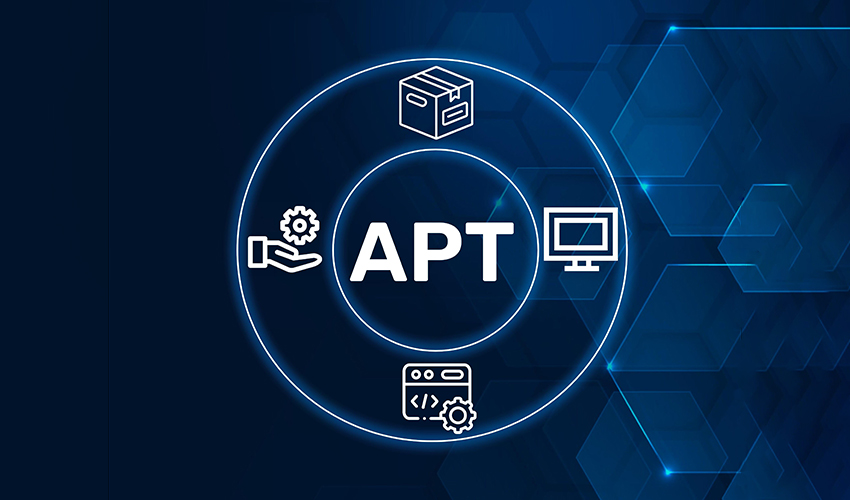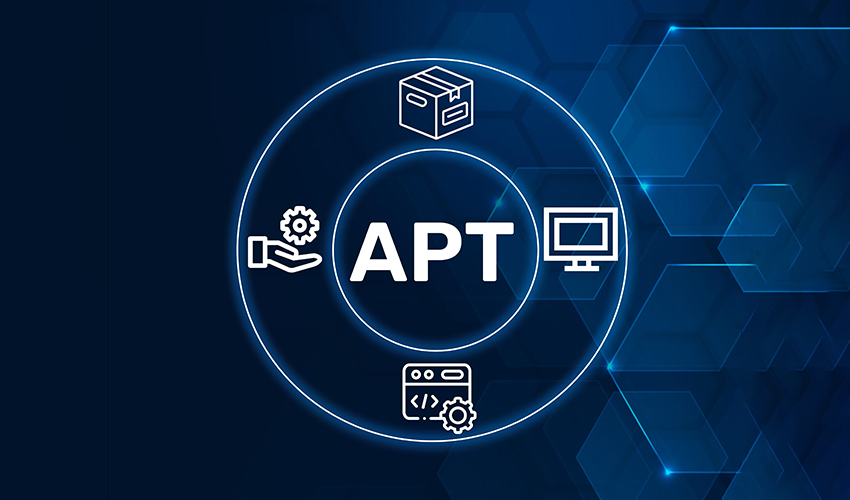
Ubuntu has long relied on APT and DEB packages for software management, with Snap becoming increasingly prevalent in recent releases. However, a third contender has risen to prominence in the Linux world: Flatpak. Designed as a universal software packaging and distribution framework, Flatpak offers a fresh, sandboxed approach to application management that works seamlessly across distributions. In this article, we’ll dive into how to manage software with Flatpak on Ubuntu, providing everything you need to get started, optimize your workflow, and compare it with existing solutions.
What is Flatpak?
Flatpak is a modern application packaging system developed by the Free Desktop Project. Its goal is to enable the distribution of desktop applications in a sandboxed environment, ensuring greater security, consistency, and compatibility across Linux distributions.
Key Benefits of Flatpak
-
Cross-distribution compatibility: A single Flatpak package works on any Linux distribution with Flatpak support.
-
Sandboxing: Applications run in isolation, reducing the risk of affecting or being affected by other software or the host system.
-
Bundle dependencies: Flatpak packages include all necessary dependencies, reducing compatibility issues.
-
Version control: Developers can ship and maintain multiple versions easily.
Limitations
-
Storage overhead: Applications may use more disk space due to bundled runtimes.
-
Redundancy: Ubuntu users already have Snap, which can lead to confusion or duplication.
Installing Flatpak on Ubuntu
Although Flatpak isn’t pre-installed on Ubuntu, setting it up is straightforward.
Step 1: Install Flatpak
Open a terminal and run:
sudo apt update sudo apt install flatpak
Step 2: Install GNOME Software Plugin (Optional)
To integrate Flatpak apps into the Ubuntu Software GUI:
sudo apt install gnome-software-plugin-flatpak
This step allows Flatpak apps to appear alongside APT and Snap apps in GNOME Software.
Step 3: Reboot or Log Out
Restart your session to apply system changes and enable Flatpak integration fully.
Adding the Flathub Repository
Most Flatpak applications are hosted on Flathub, the central repository for Flatpak packages.
To add Flathub:
Source: Read More
